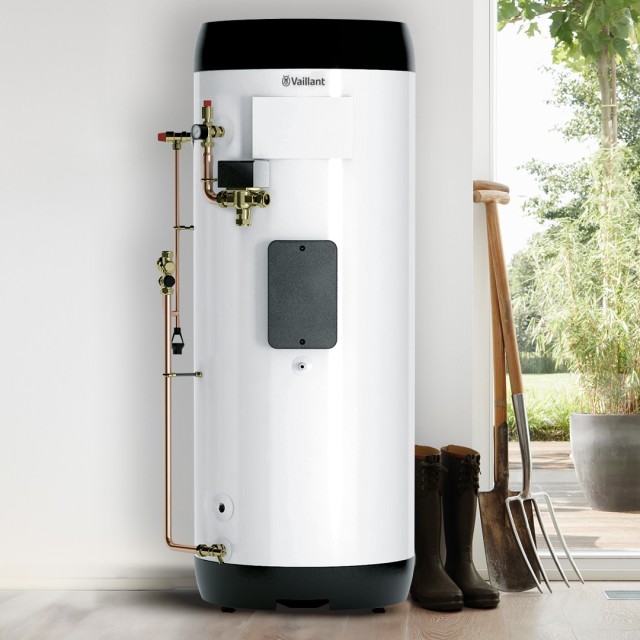A system boiler can cost between £500 - £2,000, depending on the model, size and manufacturer. The ecoTEC plus from Vaillant is an extremely reliable option for a system boiler and is available in a range of outputs to support almost any requirement. It’s highly efficient, with precise heating controls and energy optimisation, it’s extendable with renewables systems such as solar panels and heat pumps for more efficient heating and can fit seamlessly into any home with a great modern design.
The overall cost of a heat pump will depend on the type of heat pump, overall output, and installation cost. Heat pumps can cost anywhere from £7,000 to £30,000, according to the The Eco Experts to buy and install. An air source heat pump is the most common and popular type of heat pump, transferring heat from the outside air to your house. Air source heat pumps are increasingly becoming more popular because they are highly efficient regardless of the temperature, heat pumps work well with both underfloor heating and radiators with low surface temperatures.




_image_640w_640h.jpg)